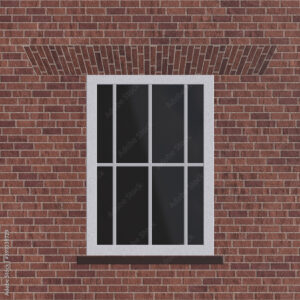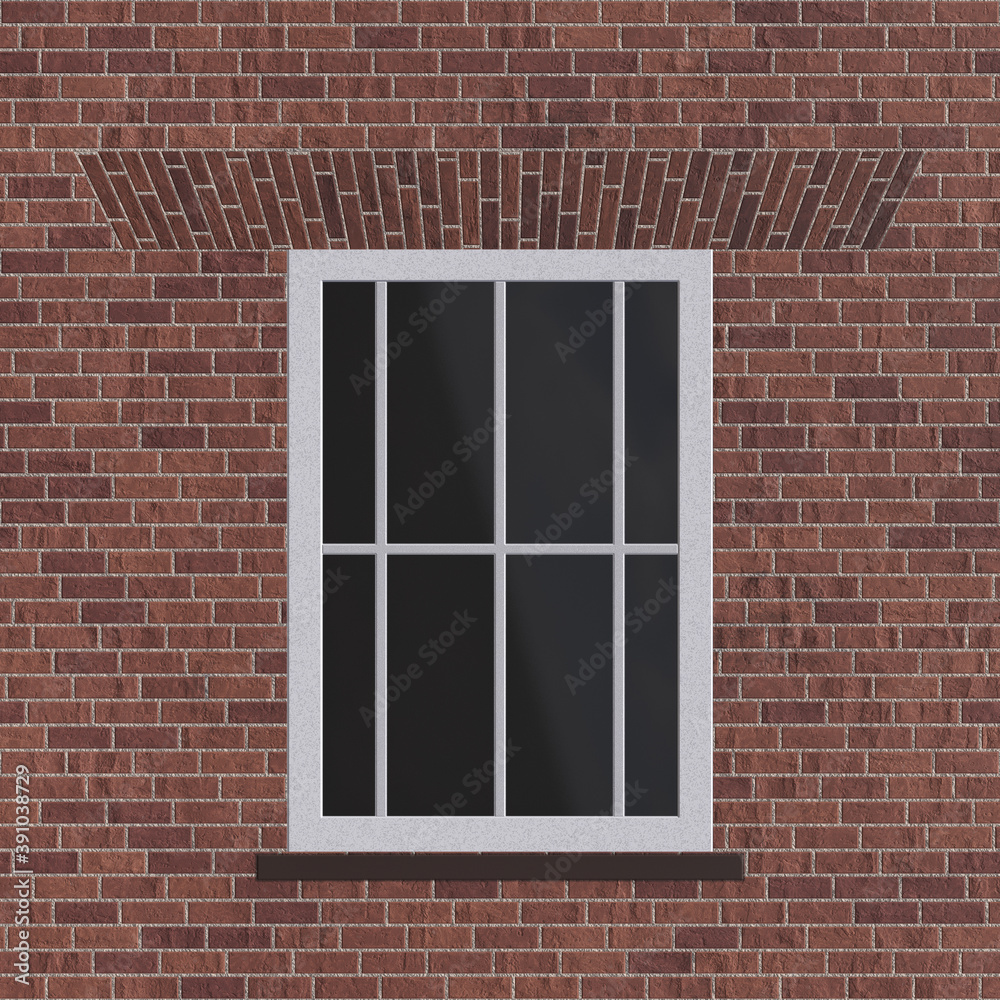Masonry is one of today’s most versatile and distinctive aesthetically pleasing building materials. It is found in homes, commercial buildings, and even bridge foundations. But masonry support angles (often shelf angles) can be tricky. That’s why bricklayers need specialized training. See https://masonrycharleston.com/ for more information.

Masonry requires various skills, knowledge, and techniques to create an aesthetically pleasing building façade. Professional masonry contractors must follow proper installation and maintenance practices to ensure that the masonry is safe and durable. It includes preparing the substrate, choosing the right mortar, and using the correct installation techniques. It also involves ensuring that the structure is well-drained and waterproofed and that drainage systems are installed to divert moisture from the building.
Concrete masonry units are uniquely suited for distinctive aesthetically pleasing architectural features that can enhance the visual appeal of a building or other construction project. They are available in nearly unlimited sizes, shapes, colors, textures, and surface treatments, making them ideal for creating a wide range of building styles and designs. However, these unique properties can be challenging when constructing high-rise buildings with complex masonry facades that require angled masonry supports.
Angled masonry supports provide lateral support for the outer leaf of masonry on steel or concrete-framed structures, distributing the load of the facade brickwork above back to the internal frame. They are typically provided in a folded-angle form. They are designed for each project’s engineers’ specifications, considering the load, cavity size, fixing type, and support level position.
Installing a masonry support angle system can be difficult. Still, the system must be installed to prevent structural damage and ensure the safety of the structure’s occupants. That is why working with a professional masonry contractor with the skills and expertise to install angled masonry supports properly is essential.
Adding windows to a brick wall can be challenging for an inexperienced mason, as the mortar layer must be cut or removed to accommodate the window opening. Attempting to do this yourself could result in cracking or collapsing the wall, so hiring a professional mason is important to complete the job properly.
Masonry walls are more than just beautiful to look at; they also keep out the weather and protect the inside of a home. However, masonry can be prone to deterioration, which can cause cracking, spalling (a hand-sized chunk of material missing), and scaling (a thin outer surface). If you notice any of these problems, it is time to contact a professional masonry contractor in Charleston. These experts can help you find the right solution for your home and prevent further damage.
Water infiltration is one of the most common causes of deterioration in brick walls. It can lead to the freezing and expansion of ice within the division, internal steel corrosion, and masonry damage through cracking, spalling, and scaling. Installing a proper water management system is the most effective way to prevent water infiltration. It includes a breathable, properly sized, sealed cavity, appropriate flashing, and good detailing around windows and doors.
Another common source of deterioration is the use of inappropriate materials in constructing masonry walls. These improper materials can include excessively hard or dense materials with lower vapor transmission or need to be properly tested for durability, chemical resistance, and tensile strength. When these materials are used in a building, they can cause unexpected damage to the masonry system and lead to premature failure of the masonry structure.
The final common source of deterioration must adequately address the requirements for structural movement in a masonry wall system. It often occurs with mass, transitional, and curtain/barrier wall systems not designed with a moisture management system or to accommodate differential thermal expansion and contraction of the brick veneer and steel framing. These movements can result in cracking, spalling, and scaling the masonry veneer, opening the facade to further water infiltration.
When preventing brick wall deterioration, the best action is to install a masonry support angle system properly. This system can comprise a folded angle, an unbroken angular bracket, or a continuous angular bracket. This system is designed to meet the engineer’s specifications for load, cavity size, and fixing position on a concrete or steel frame.
Concrete masonry buildings offer exceptional beauty, structural strength, durability, fire resistance, and acoustic performance. However, like any structure, a building’s exterior brick requires regular maintenance to keep it looking as beautiful as possible. Proper cleaning removes contaminants that can stain or degrade masonry walls. These contaminants include mortar smears, construction dirt, and efflorescence. A thorough cleaning after construction will ensure that a building is as attractive as when the client selected the brick in the showroom. Regular cleanings will also help maintain the integrity of the masonry and extend its life.
Choosing the proper cleaning method for your project will depend on several factors, including the type and cause of any contaminants on the wall. A pre-cleaning survey should identify the pollutants and their location and extent to determine the best removal method. This survey can also determine whether the contaminants have caused damage or decay to the masonry.
Cleaning methods suitable for one masonry wall may not be appropriate for another, as different types of masonry units and other types of mortar can vary in their sensitivity to cleaning products. For this reason, it is important to consult a professional when selecting a cleaning method for your project.
Various masonry cleaners are available to clean building façades, including acidic and non-acid cleaning solutions. However, before using any masonry cleaner, it is critical to read the product’s label thoroughly and follow its instructions. It will ensure that the masonry is cleaned without damaging or etching it. Additionally, it is essential to protect other materials and structures adjacent to the masonry being cleaned. Depending on the cleaning method, these materials can be damaged by contact with certain stain removers or by physical removal.
A thorough cleaning should be carried out after all masonry work has been completed to avoid damage from subsequent weathering and to allow any remaining contaminants to be removed. Properly storing masonry materials is also critical, as this will reduce the chance of water or salts absorbing through their surfaces. In addition, it is important to provide a drainage plan for the area around a masonry structure that will move rainwater away from the wall. Finally, hydrophobic sealers will prevent masonry from absorbing external salts and acids.
Like all buildings, masonry structures are built to last but require some maintenance to function properly. Regular inspections can detect problems before they become more serious and ensure that masonry continues to provide the strength, durability, and aesthetic appeal it was designed for. Whether it’s structural cracking or damage to the surface, professional angled masonry repair experts know how to handle these types of issues and can fix them quickly and economically.
Many building codes contain requirements for masonry construction that establish minimum inspection and quality assurance provisions. These are meant to ensure the masonry is constructed according to the plans and specifications. It is also necessary to recognize that the actual construction of masonry may differ slightly from the design due to several factors, including existing construction conditions and construction tolerances.
For example, it is normal for masonry to deform elastically over time in response to temperature changes, and small movements are not usually cause for concern. However, large actions can cause cracking, a common problem that can be costly to the structure.
Other problems can include deteriorated mortar joints. These should be repaired as soon as possible to prevent water and air infiltration, which can lead to corrosion, freezing, and thawing cycles that can cause serious damage.
Mortar deterioration is sometimes caused by improper mixing or using a low-quality material. It is important to use only high-quality masonry mortar that meets specified strength and durability requirements.
Another important consideration is the type of soil surrounding the masonry structure. Some types of soil drain moisture more effectively than others, which can cause serious damage to masonry walls. Water penetrating a masonry wall can create salts that corrode the mortar joints and the underlying concrete foundation.
Masonry and concrete structures should be cleaned regularly to remove dirt, sand, and other debris that can cause damage over time. Clean masonry and concrete surfaces are not only more attractive, but they are safer and easier to maintain.
